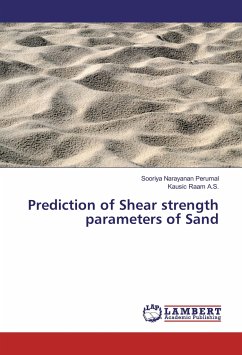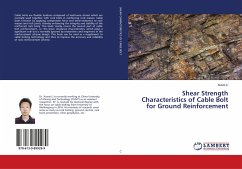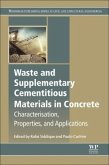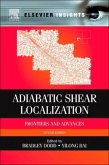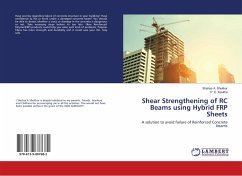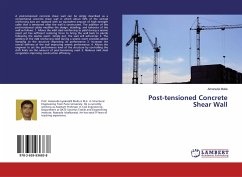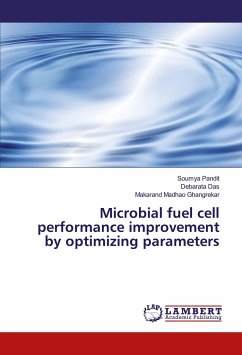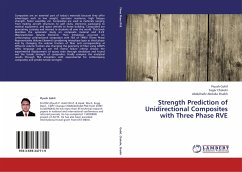Shear strength of soil is one of the most essential parameter required for analyzing and solving stability problems such as; lateral earth pressure, bearing capacity of foundation, slope stability, and stability of embankment and earth dams. Direct shear test is commonly used for research and geotechnical engineering design due to its simplicity and cost effectiveness. However, analysis of many geotechnical structures such as earth pressure and slope stability problems require measurement of shear strength properties of cohesionless soils. Therefore, it is usually relied on empirical relationships like correlation to predict soil properties from direct shear test. The major difficulties associated with the determination of engineering properties of soil are the difficulty in obtaining undisturbed samples and most of the methods are rather expensive, time consuming and involve elaborate test procedures. On the other hand, tests to determine index properties are quite simple and less expensive. It would be ideal to evolve some other method to predict the engineering property of soil from the basic index properties with a higher degree of accuracy or lesser value of error.
Bitte wählen Sie Ihr Anliegen aus.
Rechnungen
Retourenschein anfordern
Bestellstatus
Storno

